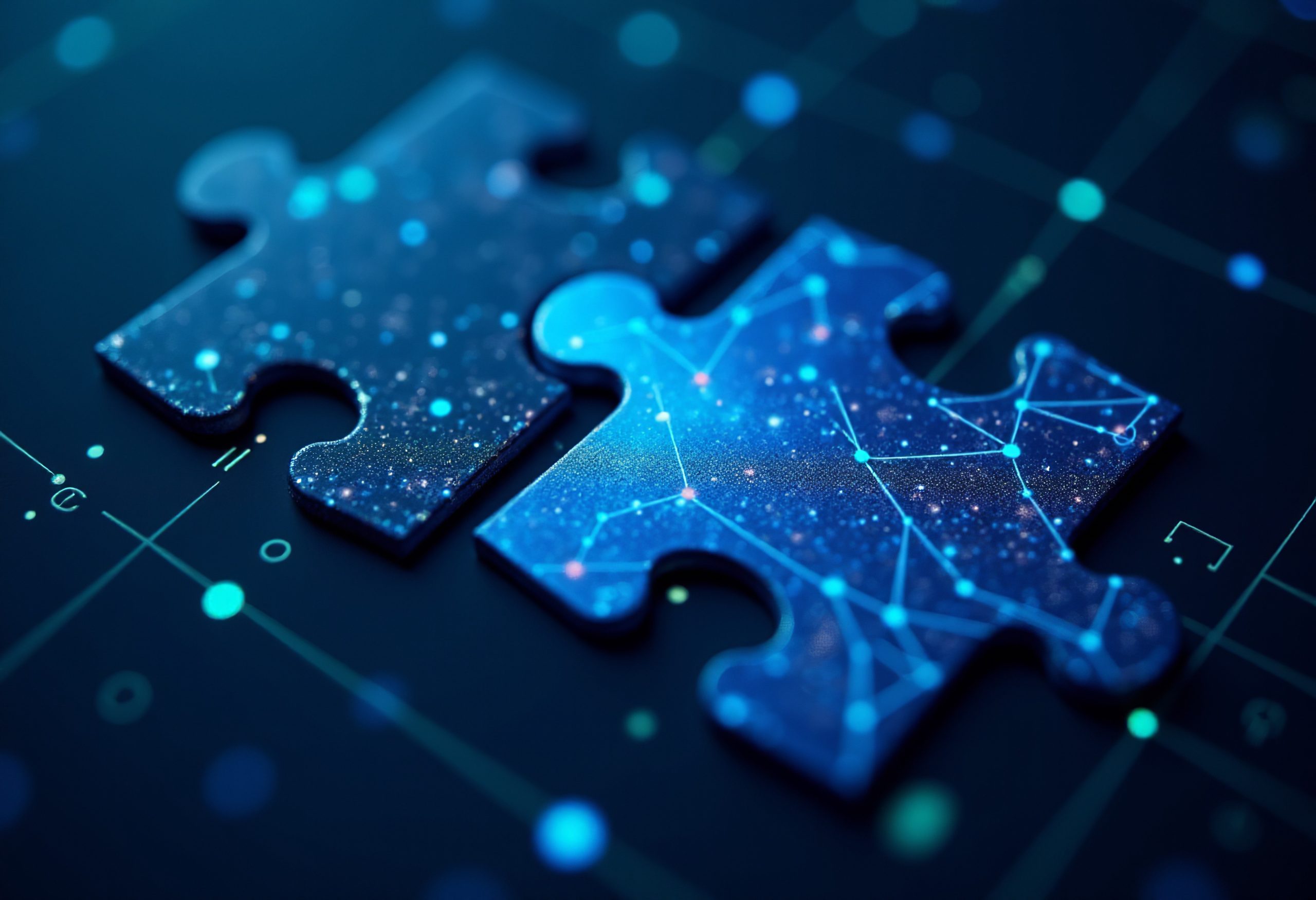What if you could talk to the internet? Would you express gratitude for making your life much easier? Or would you express something more like this:
“I know you help me with a lot of information, but don’t you think you’re making me depend on you too much? I can barely remember the routes to places myself because of you. I just blindly trust you to take me to the right place!”
Well, your monologue might look a little different, but this statement is true. A 2019 study confirmed that people using GPS services extensively tend to have a tough time recalling navigation routes. The internet weaves into our lives in previously undreamed of ways.
The ability to get information and clarify our questions almost instantly–I wonder if it is for the better or worse. Using the internet is about more than just getting trivia answers right; it is also about testing the strength of our memory. Why would we want to spend hours trying to recollect something when the answer is available in seconds? The internet sweeps up the proof of our failures to remember things and the proof that our memories are indeed failing.
A search engine is effortless and accessible all the time. But by using one, we immediately find relevant information that addresses our questions, but that immediacy does not equate to immediate understanding–much less to immediate knowledge–of the issue we’re investigating. An experiment conducted on college students revealed that they were less likely to remember information that they knew they could easily access later online. Betsy Sparrow, one of the researchers who conducted this experiment, named this phenomenon the Google effect.
With each Google search, we come across a plethora of related information, and this data could update the associated memories in our brains. But there is a downside, the neural pathways in our brains could change depending on our internet usage. Enough antagonizing the internet and the search engine head-on. Let’s dig a little deeper and approach the question from a different angle, traveling back in time for a better understanding.
The internet is an extension of the brain’s memory power
When we need to remember an errand or some other point, we mostly note it down on paper or a note-taking app. This is a classic example of off-loading our memory onto an external resource. Before the dawn of the internet era, when we forgot something or required information, our instinct would be to ask a familiar face about it or at least check for a written resource. It’s not the same anymore. Thanks to the internet, information is just a tap away, no questions asked, unlike our friends and family.
The authors of the book, The Knowledge Illusion suggest that the sharing of knowledge with external resources should be understood in terms of community, not individuals. As mentioned earlier, we off-load our knowledge onto an external resource. When this information is required, we remember the location of the information rather than the content itself. Similarly, a search engine functions as our external resource to provide us with instantaneous information while our brains store the more important information. With the rapid shift to our digital era, it is safe to say that the internet looks like an electronic extension of this community.
Digital media can be easily edited, and there is an ocean of memories available at people’s fingertips. Each image means another opportunity for a memory to be updated. Each manipulation of social media content is a chance for distortion. This paves the way to reshaping our memories. As in every narrative, to get an all-inclusive understanding, we require a change in perspective.
What if the internet is not to be entirely blamed?
By now, numerous technophobes might be saying something along the lines of “I told you so” or “I knew this technology was too good to be true.”
Have you ever wondered:
Why don’t you have memories of when you were a baby?
It is mostly because babies have an underdeveloped hippocampus, the part of our brain responsible for our ability to learn and remember. But if you have hazy memories, they are based on the stories your parents and loved ones have shared with you.
However, few of us have considered the possibility of whether we can trust the memories our brains show us. Many believe that our individual experiences are retained safely inside our memory. We often relate our memories to video recordings stored on a USB drive that we can play back at any time. In reality, it looks more like an archaeologist at work, developing a hypothesis for what might have happened in the past based on analysis, surveys, and excavation. The result could be enlightening and maybe even correct, but it is not complete.
Guy P. Harrison, the author of Think: Why you should question everything, makes his case that memories are prone to error. About the inaccuracy of memories, he says,
“They may come to you in great detail and feel 100% accurate, but it doesn’t matter. They easily could be partial or total lies that your brain is telling you. […] Your memories are pieces and batches of information that your brain cobbles together and serves up to you, not to present the past as accurately as possible but to provide you with information that you will likely find to be useful in the present. Functional value, not accuracy, is the priority.”
Whenever we try to recall the past, the brain reconstructs the event, selecting the details that appear most likely to have happened. Behind the scenes, the brain selects and tests information. It tests out the strength of those memories and then suppresses the ones that are not relevant. A famous experiment by Elizabeth Loftus, a psychologist at the University of California, proved how easily false memories can be planted. There is a difference between how we perceive things and how our brains recreate them for us to understand the world we live in.
Should we avoid the internet for our memories to be infallible?
I could imagine the internet responding, “Do you realize I’m not the bad guy? Does it really matter how you get the answer as long as it is right?”
Well, the internet may not be the bad guy, but it really does matter how we get the answer. The number of Google searches we make changes the way we think. It reduces our memory retention, and the information we find online shapes our memories. But it is not just the search engine’s doing. It is the way our brain functions. I agree with Jonathan Becher’s analogy comparing our memory to a Wikipedia page:
“It’s an incomplete collection of historical tidbits created by multiple people with their assumptions and biases—and it’s constantly being updated as new information arrives.”
An external resource like Google can act as a fact-checker, and the impulse to search for information that we can otherwise recall is mostly harmless considering our fallible memories. In fact, we have been sharing knowledge as a community since the invention of language, and to have Google on board is like having a new kid on the block who knows it all. So go ahead and use the internet as a part of your knowledge exchange community—with a filter for misinformation, of course. It’ll come in handy and save space in our memory for what matters.











